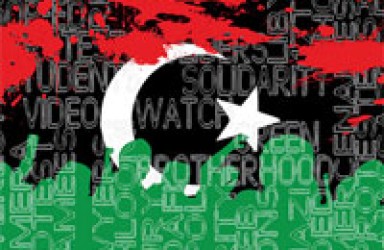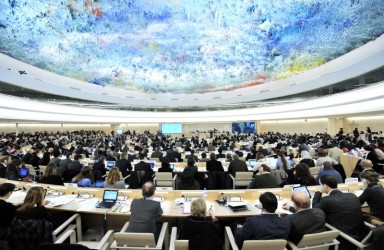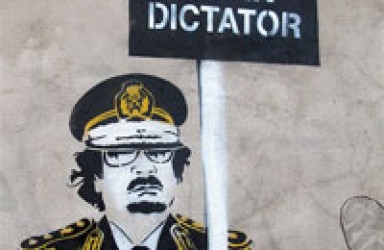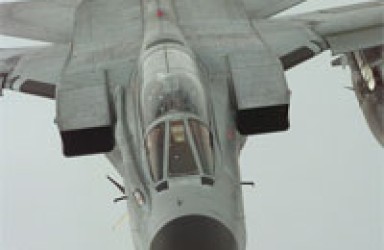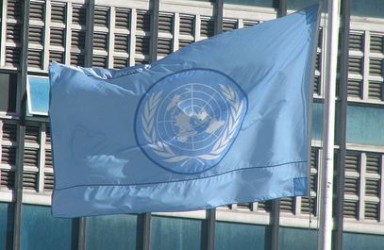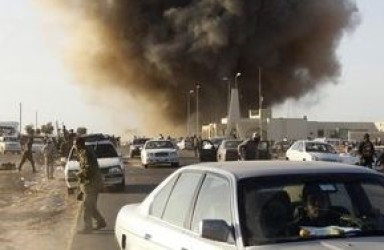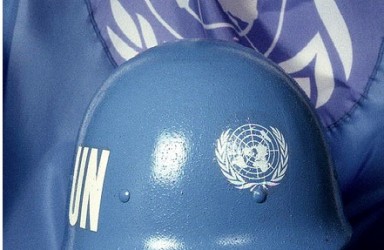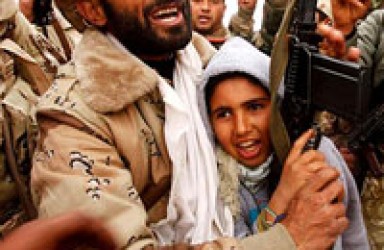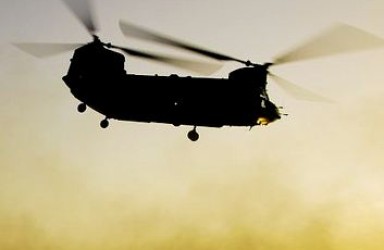Why “Humanitarian Intervention” in Libya is not Humanitarian
Why does my heart sink when I hear the current UN-mandated action in Libya described as “humanitarian intervention”? After all, over the last 20 years the term has acquired currency — not only among Western politicians but also academics — as a description of coercive, usually military, intervention ostensibly for humanitarian purposes.
Humanitarian Intervention 2.0?
The key element in shaping the Libyan intervention’s impact will be whether the operation can overcome the recurrent problems humanitarian interventions have been facing in the past two decades. The West’s reluctance toward renewed humanitarian interventions will only be revised if the operation attains its mission objective without becoming entangled in a protracted internal conflict.
Did Diplomacy Succeed or Fail in Libya?
Although all wars may represent a failure of diplomacy, war is often the last resort of diplomacy. This paradox results from two competing ideas of what the supreme objective of diplomacy should be: peace at any cost, or peace by any means. This is the paradox of Libya. The international military intervention resulted from a mixture of an arguably successful strategy of coercive diplomacy at the UN, and a failure of third-party mediations.
Libya: a Turning Point for the Responsibility to Protect Doctrine?
The Libyan Crisis is in some respects a turning point in the ‘history’ of the responsibility to protect doctrine (RtoP). The case suggests that the international community is beginning to mobilize against rulers who conquer or purchase statehood to gain impunity.
Why the Bombing of Libya cannot Herald a Return to the 1990s Era of Humanitarian Intervention
Many international relations commentators are heralding the Western bombing of Libya as marking a return to the 1990s era of humanitarian intervention. The debate is largely over whether this return is to be welcomed or regretted. But a return of the moral or ethical understandings of the humanitarian interventionist 1990s is not a possibility.
The Responsibility to Protect: Libya and Beyond
Whilst Libya is no doubt important, it is but the tip of the iceberg. In the long run, timely and decisive action such as the international action in Libya will continue to be a recurrent but painful necessity. Yet, we will make most progress towards a world without mass atrocities by reducing the number of cases that become so acute and preventing crises from escalating to the point of imminent catastrophe.
The Dilemma of Humanitarian Intervention
Given how the Security Council has acted with regard to Libya via Resolution 1973, many have queried its failure to act in other situations, such as Bahrain, Yemen and Syria. The lethal responses by the governments of those countries to pro-democracy protests are appalling, but it cannot be said that the crisis in those States has reached the proportions of Libya. After all, humanitarian intervention is war.
Humanitarian Intervention : A return to core values
Western countries need to redefine their security agenda so as to return to basic core values which were seen in the 1990s. If we forsake such basic tenets, then we risk losing our sense of self; a fact which could have far worse ramifications than any specific terrorist threat or oil shortage.
Libya: The First Stand or the Last Post for the Responsibility to Protect?
When security forces, meant to protect people, are instead let loose in a killing spree, the state itself becomes the prime perpetrator of atrocities. With precisely such an unfolding scenario, Libya today is the place and time to redeem or renege on R2P’s solemn pledge.
Britain in the World: Lessons from Afghanistan
In today’s world the prosperity, security, liberty and civil liberties of those at home cannot be separated from events beyond our borders. The era of a global recession and the global threat of terrorism prove that to any residual doubters. A belief that you have responsibility beyond your borders is not, as some would have it, ideological, but, a necessary response to the world in which we live.
